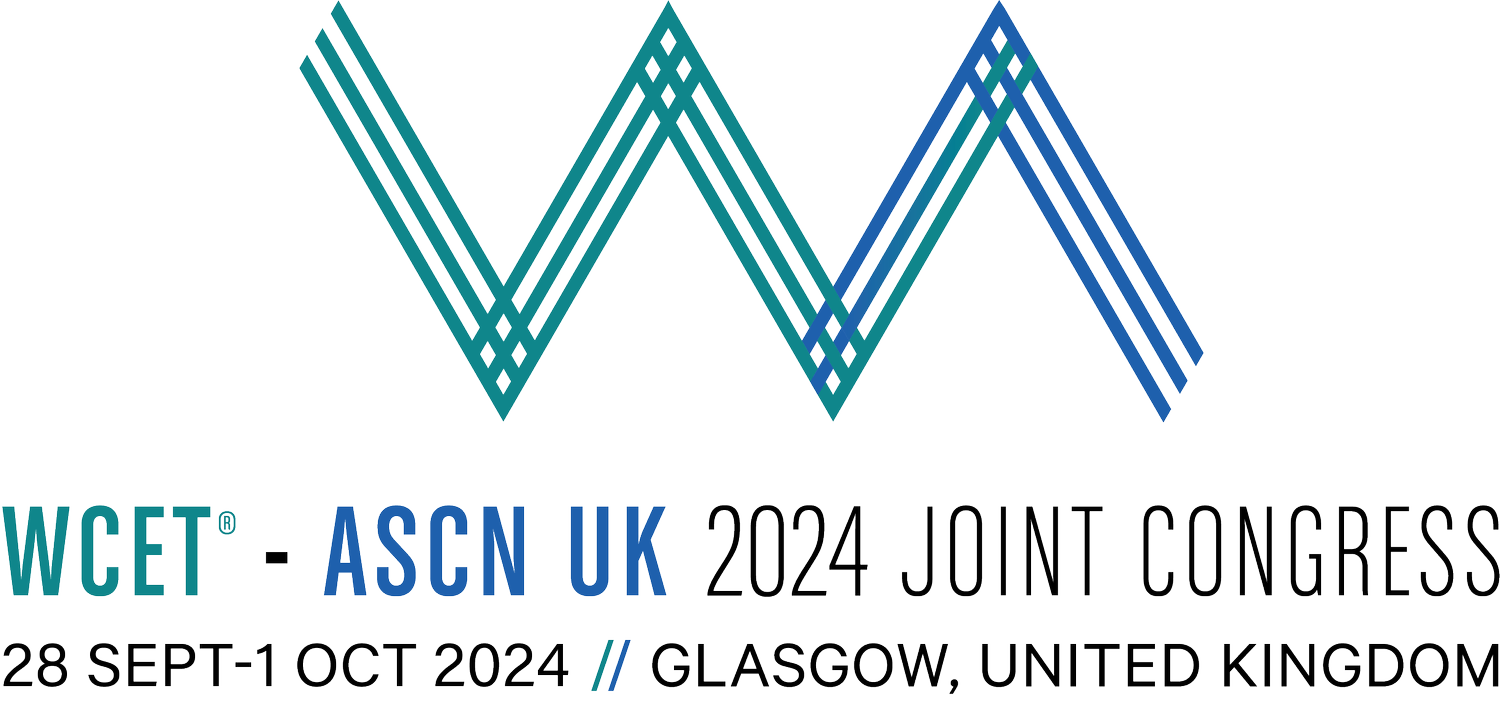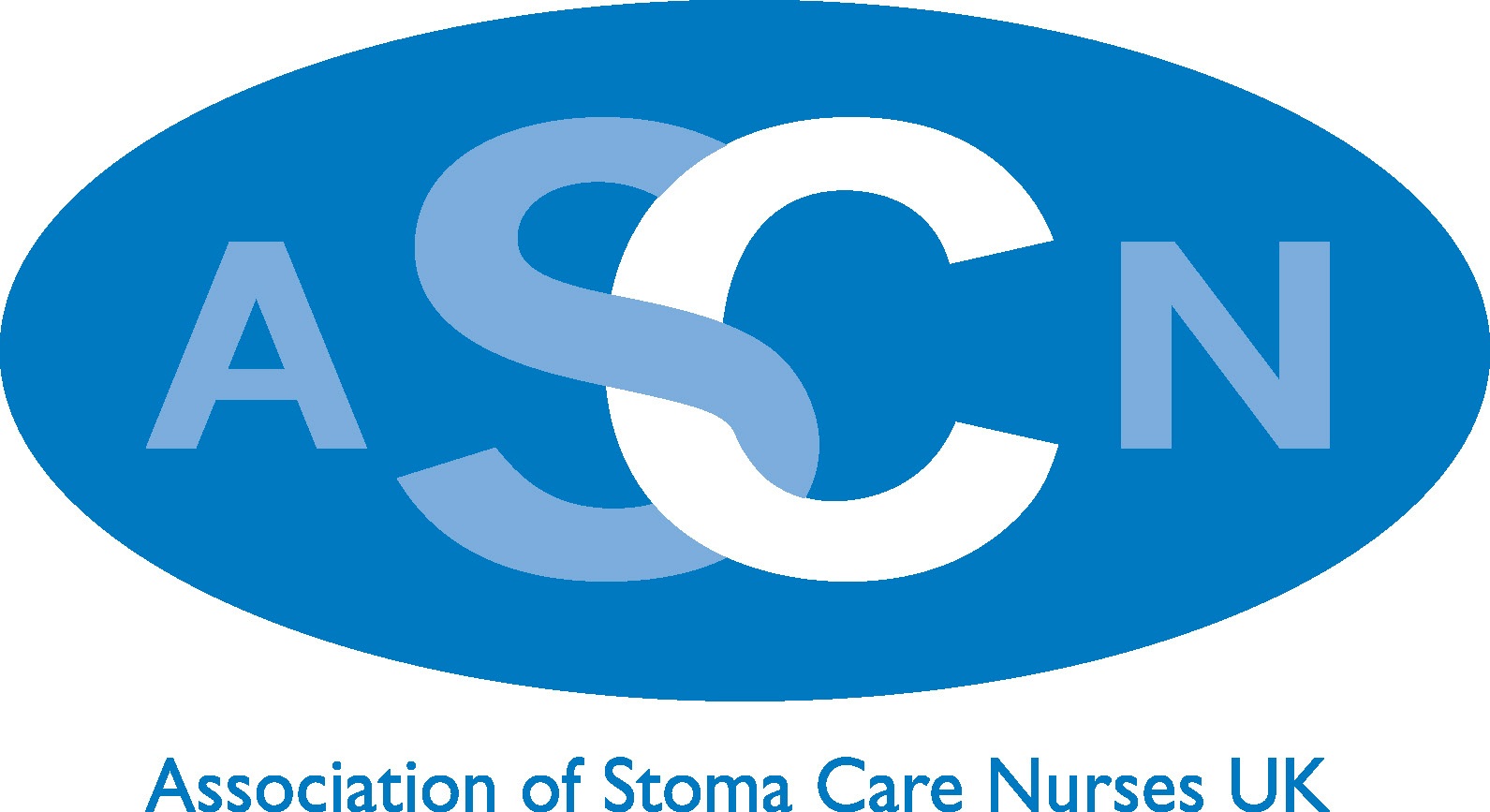About Glasgow
The epicentre of medical innovation since the 18th century.
The city’s universities boast alumni such as Sir David Livingstone the celebrated medical missionary, Sir William Macewen who conducted the world’s first bone graft and successful removal of a brain tumour, Lord John Boyd Orr who won the Nobel Peace Prize for his work in establishing the link between poverty, poor nutrition and health and the UK’s first female medical professor, Dame Louise McIlroy.
Whilst working at the University of Glasgow, Surgeon Lord Joseph Lister pioneered antiseptic practice in theatre and became known as the father of antiseptic surgery, Professor Sir Robert Edwards developed In Vitro Fertilisation leading to the first ever IVF birth in 1978 and Professor Murdoch Cameron pioneered Caesarean section under modern antiseptic conditions and became world famous after the success of his first Caesarean section at the Glasgow Royal Maternity Hospital in 1888.
These are just some of the historic innovations which have taken place in Glasgow’s universities and hospitals and today the city maintains its world leading position in the field of medical research and practice.
Today, Glasgow is home to the largest medical physics research division in the world, Europe’s largest hospital (the Queen Elizabeth University Hospital) and the Beatson West of Scotland Cancer Centre (BWoSCC), the UK’s most advanced NHS cancer centre.
In March 2017, the University of Glasgow officially opened its new state-of-the-art £32 million Imaging Centre of Excellence (ICE) for precision medicine, which aims to become a global centre of excellence for precision medicine, the building is already home to Scotland’s first 7 Tesla MRI scanner – the first of its kind in the UK in a clinical setting. The state of the art building will also house the Clinical Innovation Zone, a space dedicated to biomedical companies, which will facilitate industry collaborations and the development of innovative healthcare technology.



